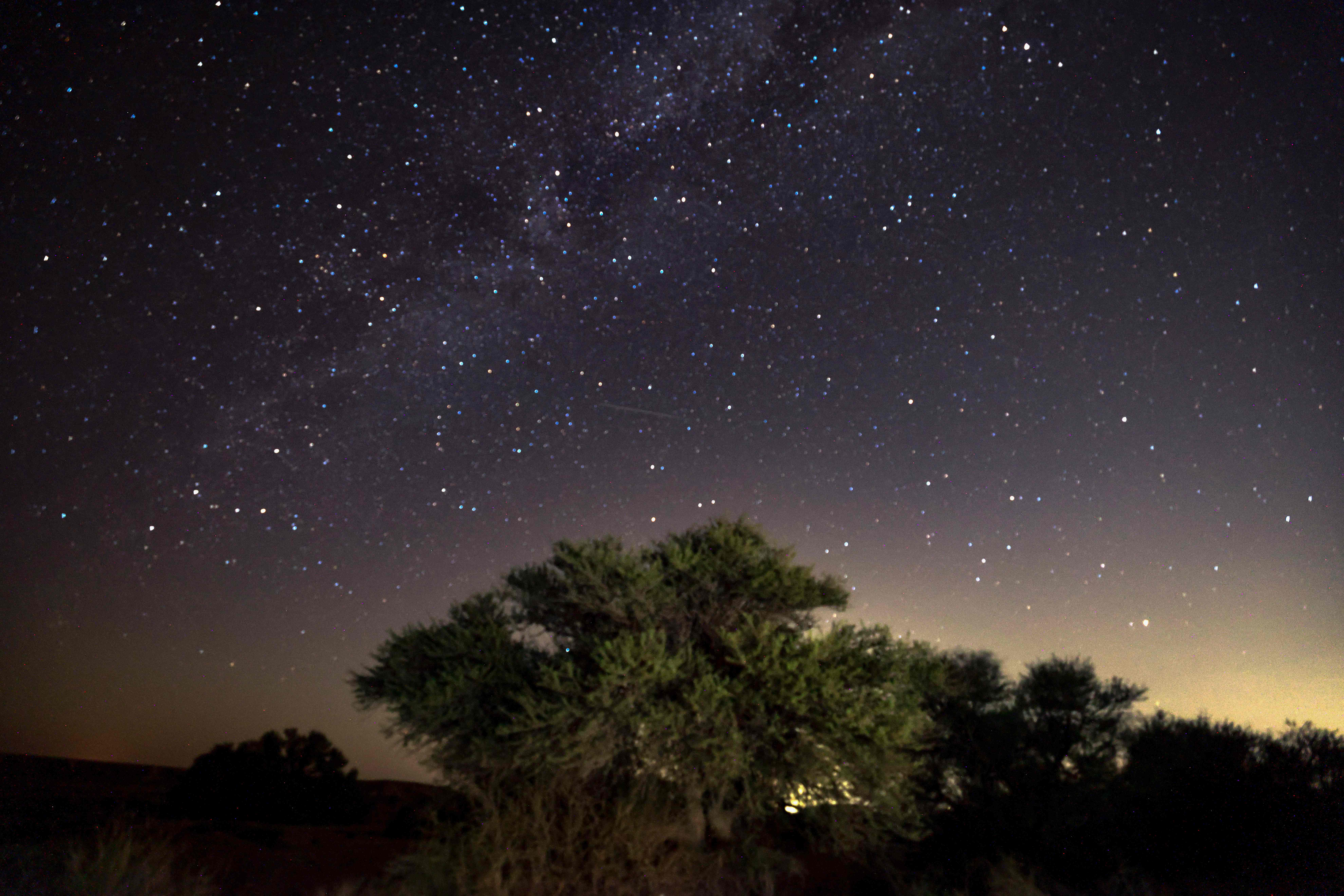The Independent's journalism is supported by our readers. When you purchase through links on our site, we may earn commission.
How to watch rare Betelgeuse eclipse as asteroid passes bright red star
Millions of people may have a chance to watch once in a lifetime event

One of the sky’s brightest stars is about to disappear in a once in a lifetime event.
Betelgeuse – a large, bright star that is roughly 500 light years away – will be briefly hidden when an asteroid passes in front of it.
That event, known as an occultation, is a unique kind of eclipse. And it will be something of a preview of the future of our skies: betelgeuse is expected to explode into a supernova and then disappear permanently in about 100,000 years.
This time, however, the event will be temporary. And it will only last about 10-15 seconds.
Scientists are not even surely exactly what will happen. They expect that the asteroid Leona will pass in front of it, and expect that it will cause a brief “ring of fire” effect, where the centre of the star is cut away and only the ring around the outside of the asteroid is visible.
But the eclipse will offer a chance to study such occultations as well as learning more about both Leona and Betelgeuse. The latter has long fascinated astronomers since it is one of the brightest stars in the sky but remains largely mysterious – and became even more so when it appeared to be dimming in recent years.
The eclipse will be visible on the night of 11 and 12 December, scientists say. It can be seen in the sky across a long stretch of the Earth that runs from Tajikistan, across Central Asia and Europe, right to Florida and Mexico.
The star can be found by using apps such as Night Sky, which allow users to scan the stars so that they can be identified. The eclipse is expected to begin at around 1.17am UK time on Tuesday morning, or 8.17pm eastern time on Monday evening.
Seeing it from the ground may be possible using equipment such as a DSLR mounted on a tripod, according to Sky and Telescope.
For people outside of that area, the event can be watched through a live feed on the Virtual Telescope Project. The complexities of watching it may make it easier to see through those telescope feeds, even in those areas projected to have a view of the event.
Join our commenting forum
Join thought-provoking conversations, follow other Independent readers and see their replies
Comments
Bookmark popover
Removed from bookmarks